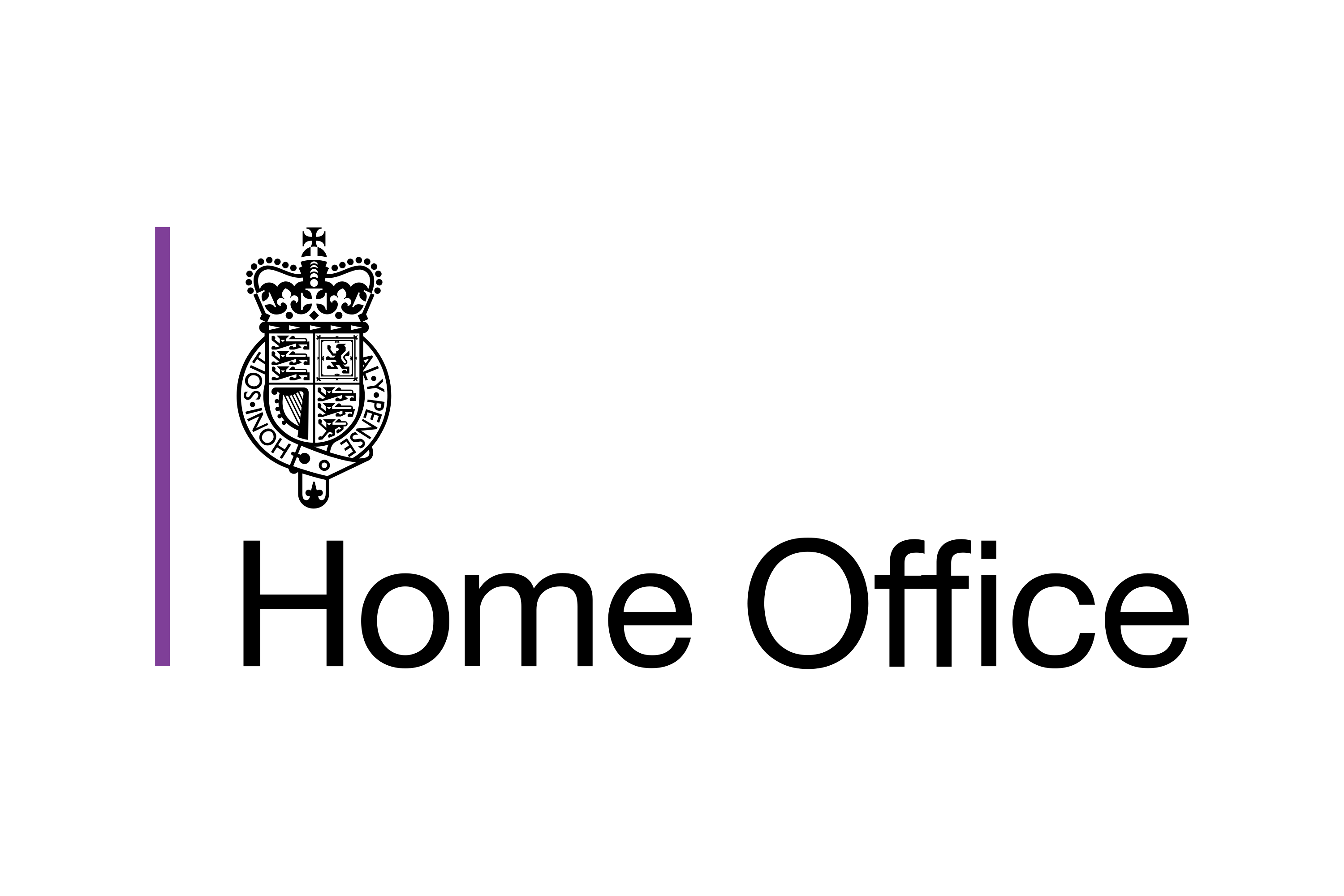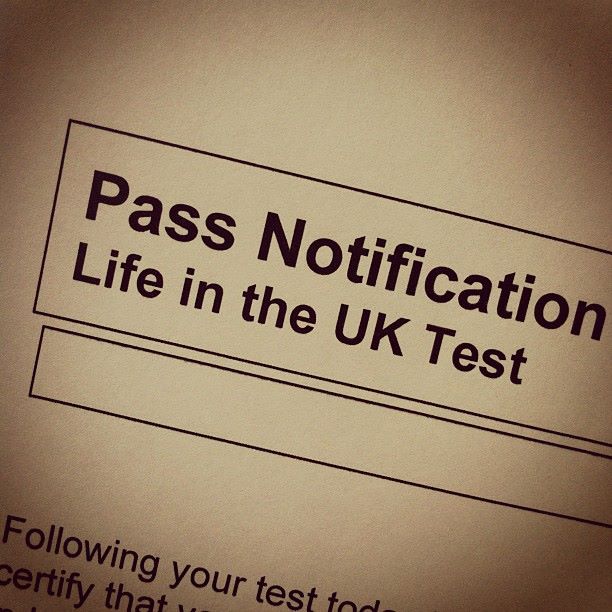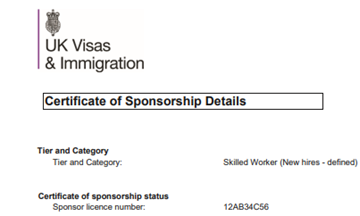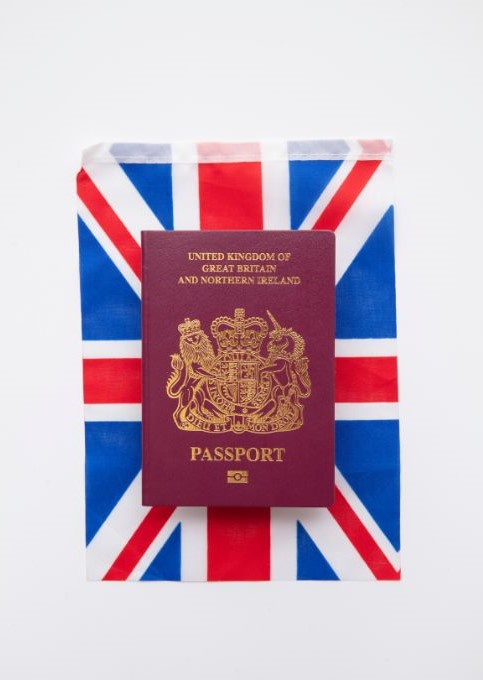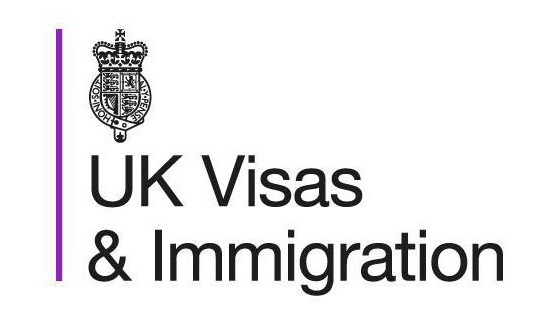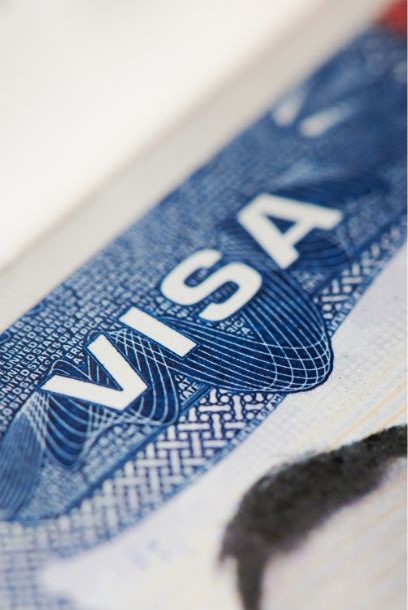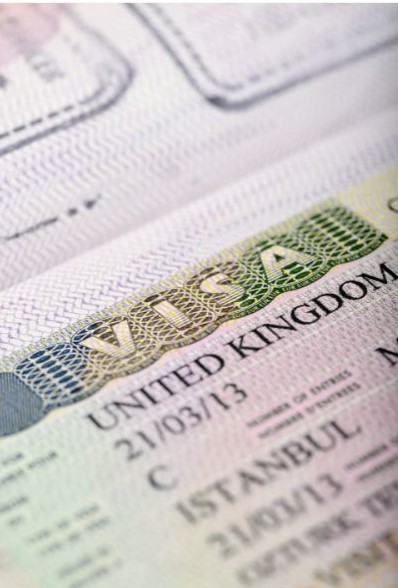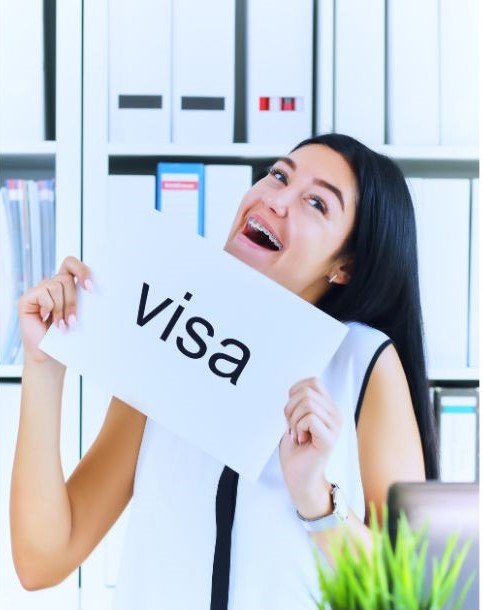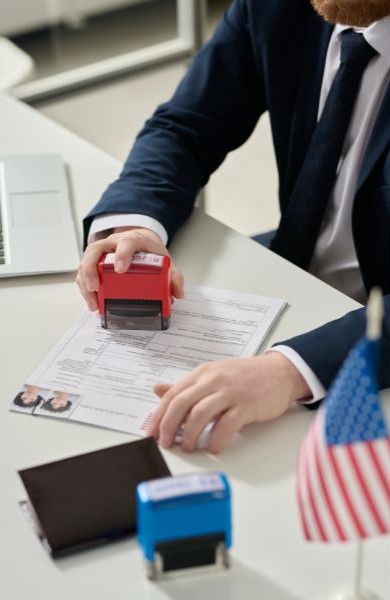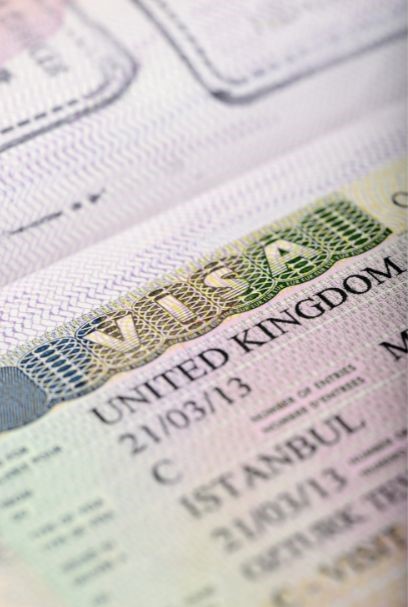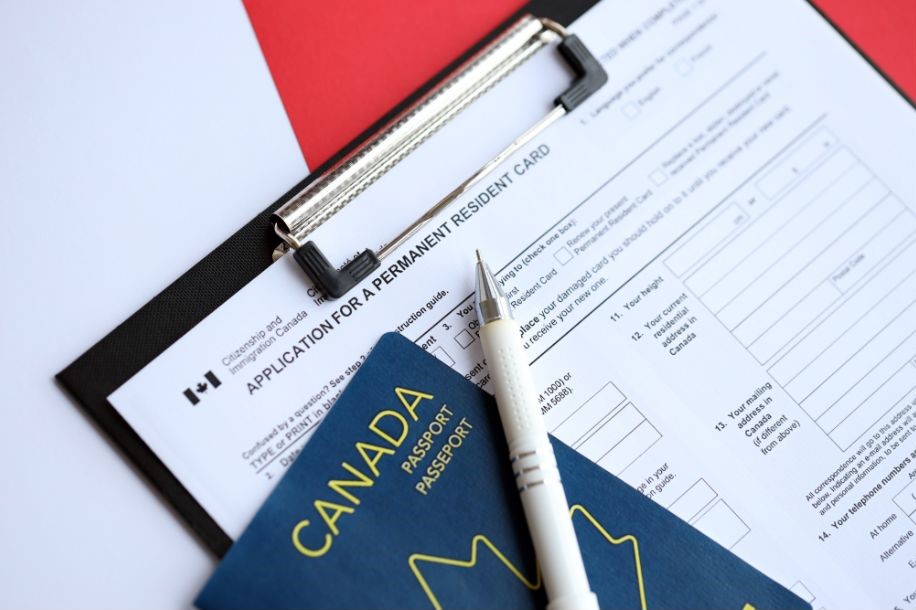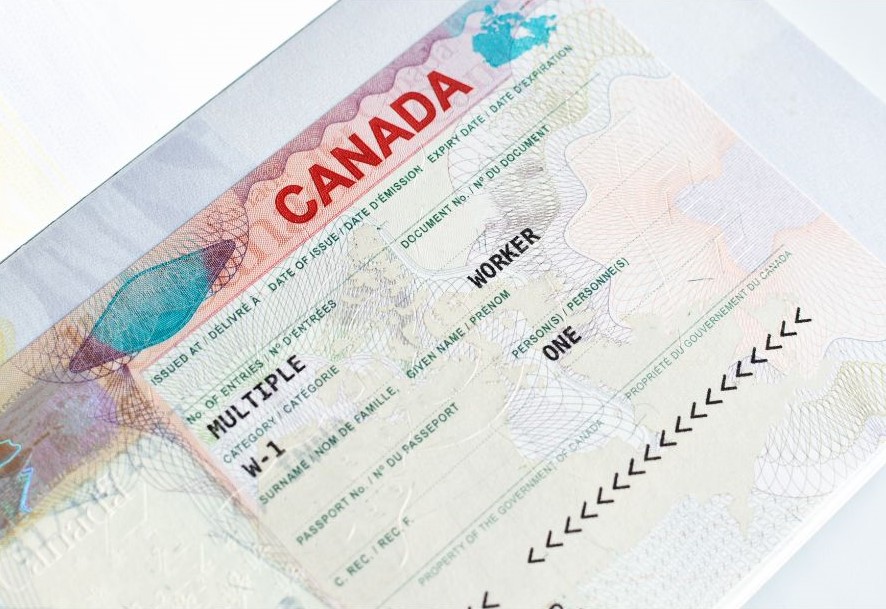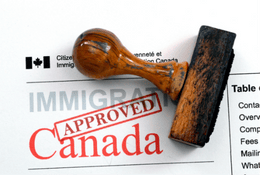The UK Immigration Process: A Guide for Newcomers
Your Essential Guide to Navigating the UK Immigration Process with Confidence

Relocating to a new country is a life-changing decision that requires careful planning and preparation. For those moving to the UK, navigating the intricacies of the immigration process can seem daunting. However, it can be manageable and even straightforward with the proper guidance.
This guide will walk you through the key steps of the UK immigration process, highlight various visa categories, and provide practical advice to help you settle into your new life in the UK.
Step 1: Understand Your Visa Options
The first and most important step is determining which visa category applies to your situation. The UK offers a wide range of visas tailored to different needs and circumstances.
Work Visas
Work visas are designed for individuals who have secured a job offer in the UK.
- Skilled Worker Visa: For professionals in eligible occupations who have a job offer from a licensed UK sponsor.
- Health and Care Worker Visa: A streamlined visa for healthcare professionals, offering lower fees and faster processing.
- Global Business Mobility Visa: For employees being transferred to a UK branch of their employer.
Study Visas
These visas are for international students pursuing education in the UK.
- Student Visa: For those accepted into a UK educational institution, valid for the duration of your studies.
- Child Student Visa: For children aged 4-17 attending a fee-paying school in the UK.
Family Visas
Family visas allow individuals to join their loved ones in the UK.
- Spouse or Partner Visa: For partners of UK residents or citizens.
- Parent Visa: For parents whose children are UK residents.
- Child Visa: For children joining parents in the UK.
Investor, Business Development, and Talent Visas
These visas cater to entrepreneurs, investors, business professionals, and individuals with exceptional talent looking to establish or further their careers in the UK.
- Innovator Visa: For those starting an innovative business in the UK with endorsement from an approved body.
- Start-Up Visa: For new entrepreneurs launching a business in the UK, even without prior experience.
- Global Talent Visa: For individuals recognised as leaders or potential leaders in fields such as science, arts, and technology.
- Expansion Worker Visa: For senior employees or specialists sent to the UK to establish or expand a branch of their overseas business under the Global Business Mobility scheme.
- Self-Sponsorship Visa: A route for entrepreneurs to effectively sponsor themselves to live and work in the UK by setting up and operating a business, often combining elements of the Innovator or Expansion Worker visas.
Other Visa Categories
- Youth Mobility Visa: For young people (18-30/35, depending on nationality) seeking to live and work in the UK for up to two years.
- UK Ancestry Visa: For Commonwealth citizens with UK-born grandparents.
Step 2: Gather Necessary Documentation
The documents you need will depend on the visa you are applying for, but common requirements include:
- Valid Passport or Travel Document: Ensure your passport is valid for the entire duration of your stay.
- Proof of Financial Support: Bank statements or evidence of sponsorship to show you can support yourself.
- Tuberculosis Test Results: Required for applicants from certain countries.
- English Language Proficiency: Proof of meeting the language requirement through approved tests or qualifications.
- Supporting Documents: Such as a Certificate of Sponsorship (CoS) for work visas or a Confirmation of Acceptance for Studies (CAS) for student visas.
Double-check all documentation for accuracy and completeness to avoid delays.
Step 3: Apply for Your Visa
Applications for UK visas are submitted online through the UK government website. Follow these steps:
- Complete the application form carefully, ensuring all details are accurate.
- Pay the application fee and the Immigration Health Surcharge (IHS), granting access to the UK’s National Health Service (NHS).
- Submit your application and prepare for the next steps.

Step 4: Attend a Visa Appointment
After submitting your application, you may need to attend a biometric appointment unless you qualify for remote processing through the Home Office ID Check app.
At the appointment, you will:
- Provide your fingerprints and a photograph.
- Submit your original documents (if required).
Biometric information is crucial for issuing your visa, so ensure all details are correct.
Step 5: Receive Your Decision
The UK Visas and Immigration (UKVI) department will process your application and notify you of their decision. Processing times vary:
- Standard Service: Typically 3-8 weeks, depending on the visa type and location.
- Priority or Super Priority Services: Faster processing options are available for an additional fee.
If your application is approved, you will either:
- Receive a visa vignette (sticker) in your passport if applying from outside the UK.
- Be issued an e-visa (digital status), particularly if you are an EU/EEA citizen or applying for certain visa types.

Navigating Common Challenges
Understanding the Rules
UK immigration laws can change frequently. Stay updated by regularly consulting the official UK government website.
Document Preparation
Incomplete or incorrect documentation is one of the most common reasons for visa delays or refusals. Ensure all documents meet the requirements of the visa category.
Meeting Financial Requirements
Certain visas require proof of sufficient funds. Ensure you have the correct evidence, whether personal savings or a certified sponsor.
How Immtell Can Help
Navigating the UK immigration process can be overwhelming, especially with frequent rule changes and detailed requirements. At Immtell, we specialise in providing tailored advice and support to individuals and businesses, ensuring every step of the process is handled efficiently and accurately.
Our services include:
- Visa application preparation and review.
- Guidance on choosing the right visa type.
- Assistance with gathering and submitting documents.


















